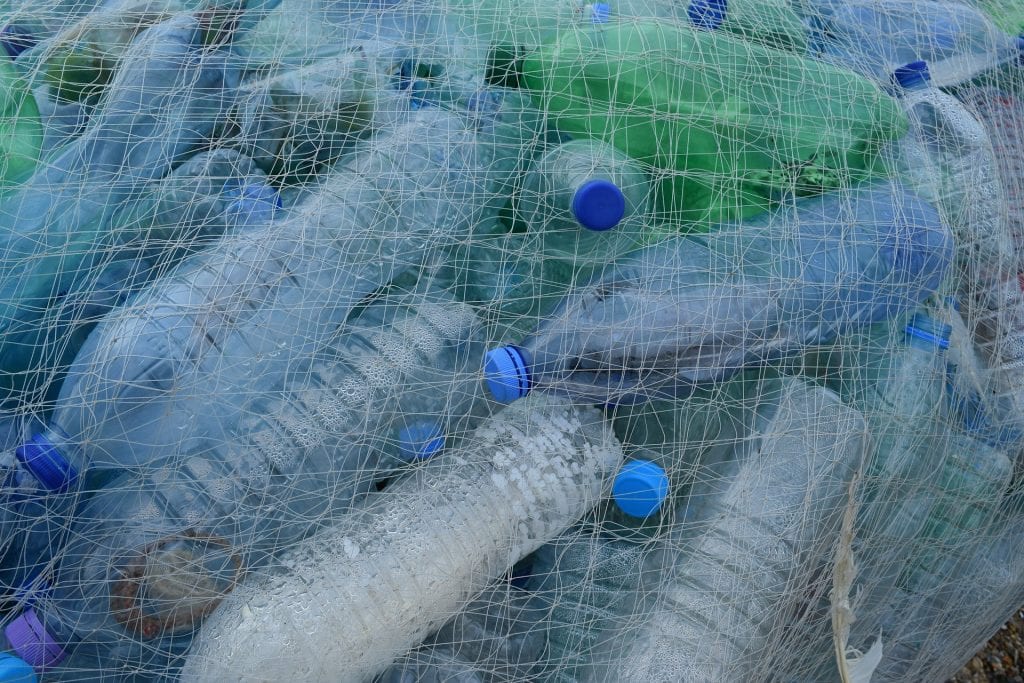Due in part to the disturbing images and facts broadcast to millions of viewers in the BBC’s Blue Planet 2, the use of plastic has come to the forefront of the public consciousness.
With EU legislation being proposed, and with pressure on the government to reduce the amount of plastic polluting the environment, Phillip Hammond has called for views on how some taxes could help to achieve this. Here we will look at what these taxes could look like, and how you can act now to protect and prepare your business.
The ultimate goal of the potential future plastic taxes is to affect a change on the approach to plastics, and to reduce their impact on the environment. With this is mind, it is possible to surmise what these taxes might be.
The primary existing plastic tax encountered by most people is the 5p plastic bag charge seen in UK supermarkets. This model involves mandating businesses to collect an additional charge from consumers at the point of sale – whilst offering them a choice – and requiring them to pass the collected revenue on to relevant organisations and initiatives. The other potential models include a government tax on the use of plastics by businesses, and a consumer charge that is returned when the plastic is returned for recycling.
Acting now could be of great benefit to your business in several ways. Addressing the use of plastic now by, for instance, assessing the ways to replace plastic with ‘greener’ alternatives would prevent the shock of a new tax when it is introduced. Performing a thorough assessment at this early stage could allow you to select the option most appropriate to you, and limit any damage to you by gradual enactment.
Finally – look at how you could use it to your advantage. Many businesses have grown successful by marketing a green approach to a conscientious consumer base. Could your business follow this model? Get in touch with us to learn more: wanttoknowmore@robson-laidler.co.uk


